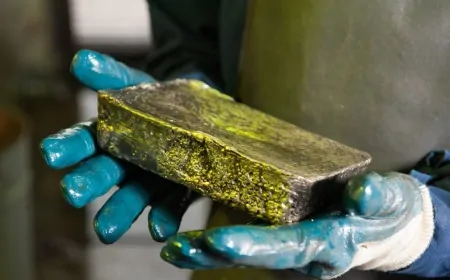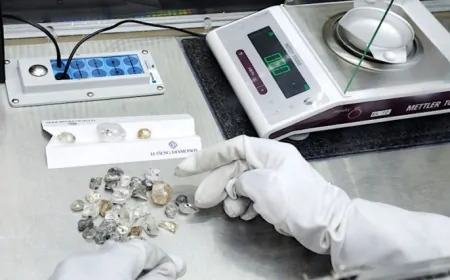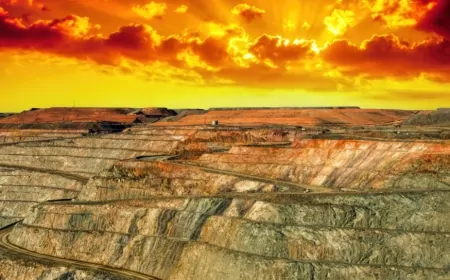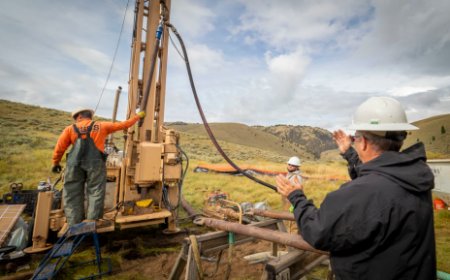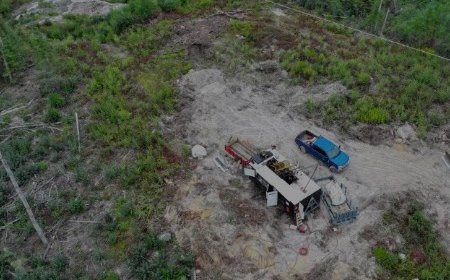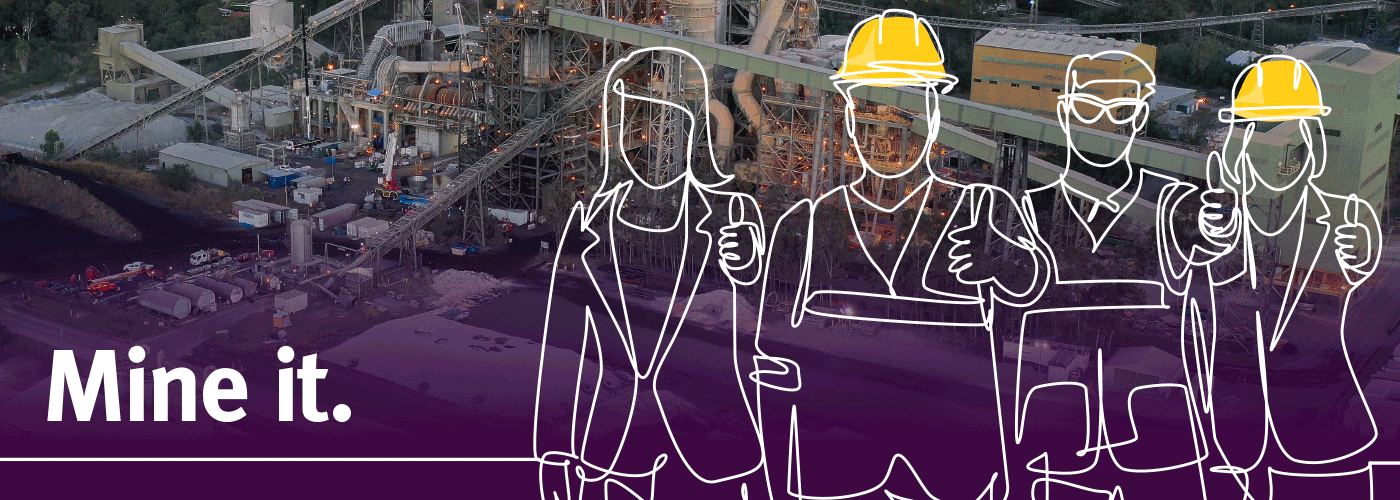Yukon government hopes for Eagle mine restart after clean-up
Victoria Gold’s board resigned last week
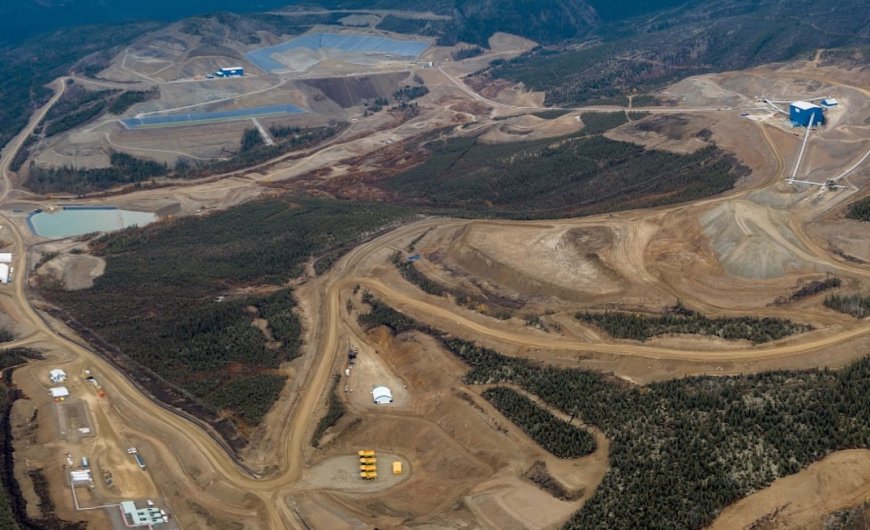
The government of Yukon has hopes to restart mining at the Eagle gold mine despite the company throwing the towel in the ring.
"We're not yet talking about reclamation," Yukon Attorney General Tracy-Anne McPhee said at a press conference on Friday. "We still hold out hope that mining can occur at the site, that there can be mitigation to return the site to a viable mine, and certainly we'll continue along that path."
The Yukon government filed for receivership over Victoria Gold's assets after it said it had "lost confidence" in the miner's ability to address environmental concerns after a heap leach failure on June 24.
Since the failure, the government has issued four sets of inspector directions to the Canadian miner to ensure it responded appropriately to protect land, water, and people's well-being. While the company implemented some of those directions, it did not complete them all, McPhee said.
"The lack of action by Victoria Gold left serious concerns about the health and environmental impacts of the heap leach failure," according to the attorney general. "This is a serious and urgent situation."
On Wednesday, August 14, the court granted the application and appointed PricewaterhouseCoopers as the receiver. The court also appointed Parsons as the lead environmental consultant to work with PWC on the required mitigation efforts.
A day later, Victoria Gold's board resigned, and its chief executive, John McConnell, told the Canadian Broadcasting Corporation in an interview that "it's over" for the mining company.
"Victoria Gold essentially doesn't exist anymore. They don't want to be responsible for a project that somebody else is in charge of," he said.
Resuming mining at Eagle
The Yukon government emphasised on Friday that the receivership was focused on environmental remediation with the intention for Victoria Gold to reopen, for mining to eventually resume on the site, "and absolutely not to put it out of business".
"The decision by the board of Victoria Gold to resign is their decision," McPhee said. "They were not directed to resign by the receiver of by the Yukon government, and the company's management and the board have made that decision on their own."
McPhee explained that the authority granted through the receivership has limited scope, meant to grant the receiver authority to carry out the mitigation work directed by the government's inspectors.
"I want to be clear that the intention of this receivership is to work to bring the Eagle gold mine site and the surrounding environment back to the state it was in prior to the failure on June 24 as best as possible," McPhee said, adding that the judge thought this was the most appropriate way forward. "It is not to move the mine into permanent closure or to begin reclamation work. We are not selling assets either."
However, the legal action does give the Yukon government a pathway to use Victoria Gold's assets to pay for the cost of addressing the damage it is responsible for.
The government agreed to advance the necessary funds, but the miner's assets and funds will be used first by the receiver. Once those have been exhausted, funds advanced by the government will be a debt owed to the government and it will have a priority charge to recover them if and when the assets of Victoria Gold are sold by the receiver, the attorney general said.
"We remain committed to using every legal mechanism available to hold Victoria Gold accountable for the cost of this work and to ensure the protection of the environment and the health and safety of Yukoners is the top priority."
In court filings, around $40-50 million is estimated to be needed for environmental remediation in the next three months. That includes costs for adding additional water storage capacity on the site, such as building ponds, groundwater well interception, and water treatment systems.
Deputy Minister of the Department of Energy, Mines, and Resources Lauren Haney said that it is a "critical time" and that there is a "tremendous amount of work to be done on the site" before the freeze-up in mid- to late October.
Moratorium in traditional territory
The First Nation of Na-Cho Nyäk Dun also petitioned the court to appoint a receiver to take over management of the Eagle mine site, having lost confidence in Victoria Gold's ability to manage the response to the disaster.
"A change in control at the site is desperately required," Chief Dawna Hope said at a press conference on August 14, adding that the First Nation is pleased that the Yukon government had taken similar steps.
Like many other mining claims and licenses in the Yukon province, the Eagle gold mine is located within the territory of the First Nation of Na-Cho Nyäk Dun.
The relationship between the First Nation and Victoria Gold has been strained since the heap leach failure. Chief Hope said that the only time the First Nation had seen Victoria's chief executive, John McConnell, was two days after the disaster, when he gave an update to the council and elders, but they have not heard from him since.
At the press conference, Hope reiterated the call for a moratorium on mining activity in the First Nation's traditional territory "unless and until we can confirm such a disaster will never happen again".
"This disaster is one in a seemingly endless line of mining disasters in the Yukon. Faro, Keno Hill, Mount Nansen, Wolverine, Minto, and now Victoria Gold," she said. "When will the government recognise that the status quo is broken? When will the government recognise that business as usual is killing our people and destroying our way of life?"
Once the world's largest open pit lead-zinc mine, the Faro mine was abandoned in 1998 when the operator became insolvent. According to the Canadian government, it is one of the country's most complex abandoned mine remediation projects. More recently, the Minto copper-gold-silver mine was abandoned in 2023.
At the same time, Hope said that the First Nation is not against mining on principle, but a potential restart of the Eagle mine would need to be discussed with the community.
"We have been stating from the beginning that we're not against mining. We want it done sustainably in a responsible way."
What's Your Reaction?








